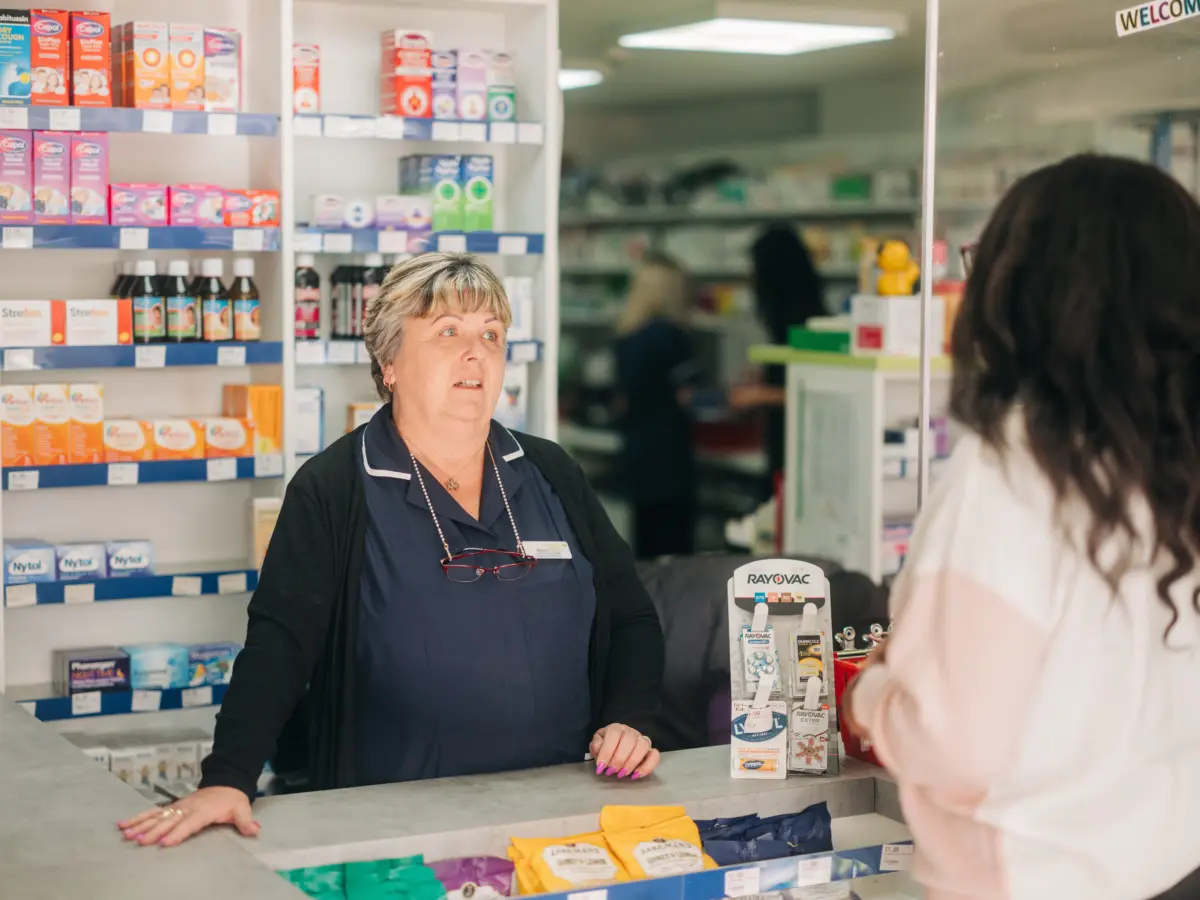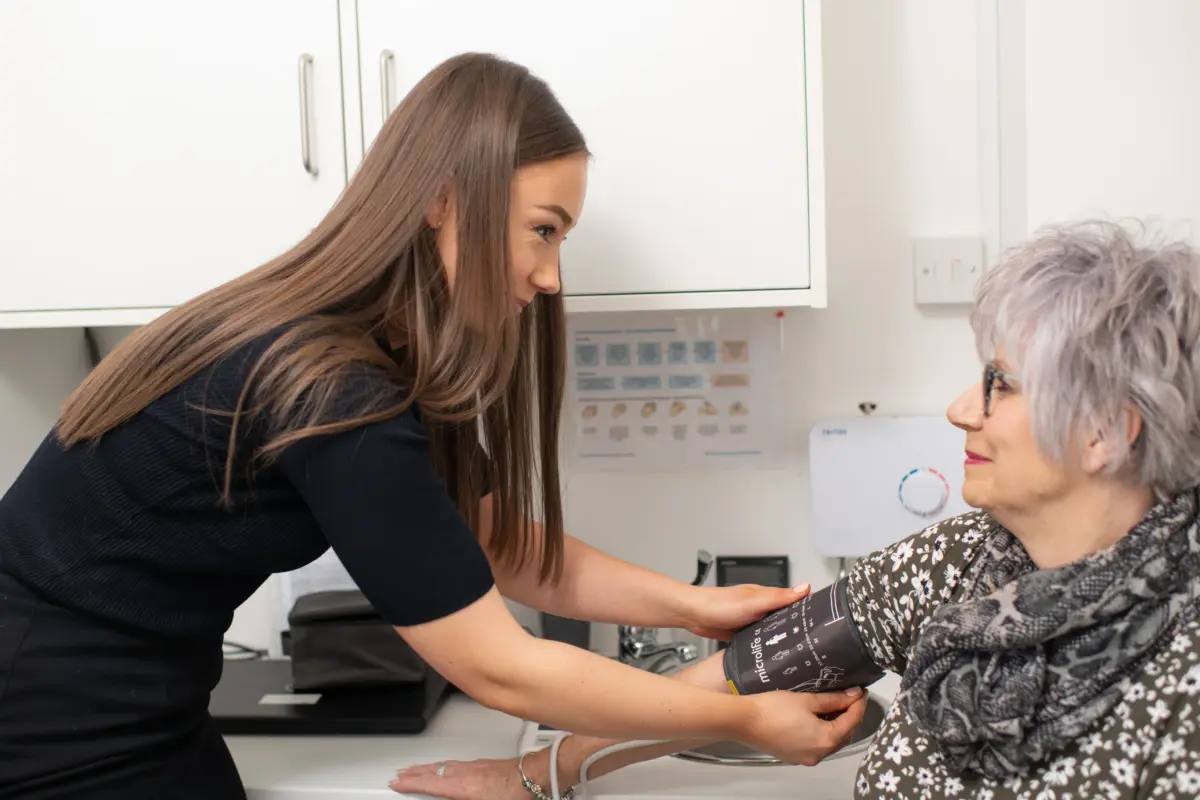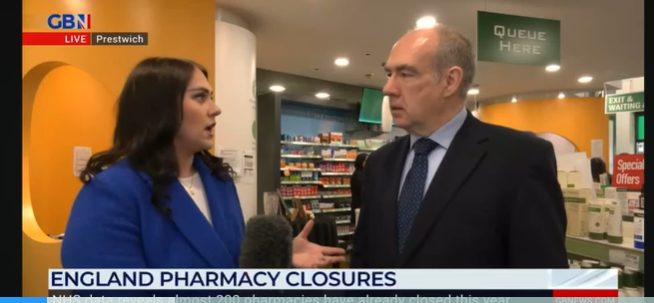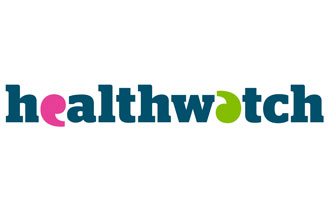Paediatric specials listed in Tariff updated
PSNC’s Dispensing and Supply Team has collaborated with the Neonatal and Paediatric Pharmacists Group (NPPG) and the Royal College of Paediatrics and Child Health (RCPCH) to get some Specials listings in the Drug Tariff amended, following concerns over patient safety.
Pharmacist Steve Tomlin, the Director of the Children’s Medicines Centre at Great Ormond Street Hospital, got the ball rolling when he contacted PSNC regarding concerns over the number of different strengths of paediatric liquids listed in Part VIIIB of the Drug Tariff.
The RCPCH and NPPG both strongly recommend that when children require unlicensed liquid medications, they should receive the RCPCH and NPPG recommended concentrations, where one exists.
“Every year there is harm to patients caused by accidental under and overdosing of medicines in children solely due to the fact that the concentration of their liquid medication changed and the person administering the medicine did not realise they needed to change the volume given,” both organisations say.
The standardisation in the prescribed concentrations of certain unlicensed medicines will reduce the risk of errors being made in the doses given to children and prevent hospitalisation from accidental under and overdoses.
PSNC followed up with representations to the Department of Health and Social Care (DHSC) to seek removal of certain non-standard strengths of paediatric specials. The DHSC has been supportive of this work and has agreed to PSNC’s proposals to remove several lines from Part VIIIB of the Drug Tariff. The changes have been made in the November Tariff, with only the following standard paediatric concentrations remaining listed in Part VIIIB:
- Azathioprine 50mg/5ml oral suspension or oral solution
- Hydrocortisone 5mg/5ml oral suspension
- Phenobarbital 50mg/5ml oral suspension or solution
- Sertraline 50mg/5ml oral suspension
- Spironolactone 50mg/5ml oral suspension
See our November 2022 Drug Tariff Watch to view the lines being removed from Part VIIIB of the Tariff.
PSNC has also queried with DHSC why there are so many ‘Special Order’ strengths listed on dm+d for each unlicensed preparation. PSNC’s Drug Tariff and Reimbursement Manager Suraj Shah said:
“We highlighted that if these are all available for selection on prescribing systems, it is likely to continue contributing to the dosing and patient safety issues highlighted by NPPG/RCPCH.”
Background information
NPPG positions statement 18-01: Using Standardised Concentrations of Liquid Medicines in Children







